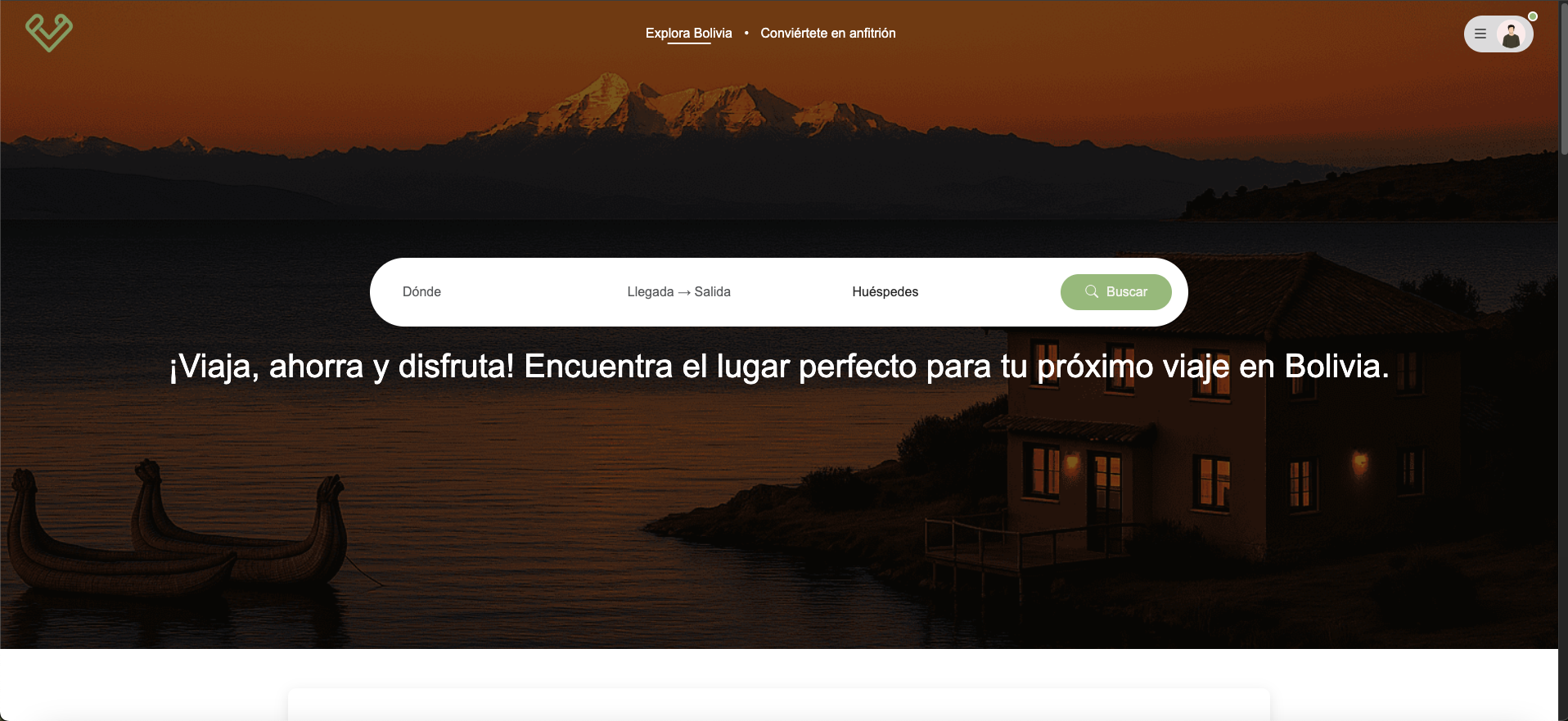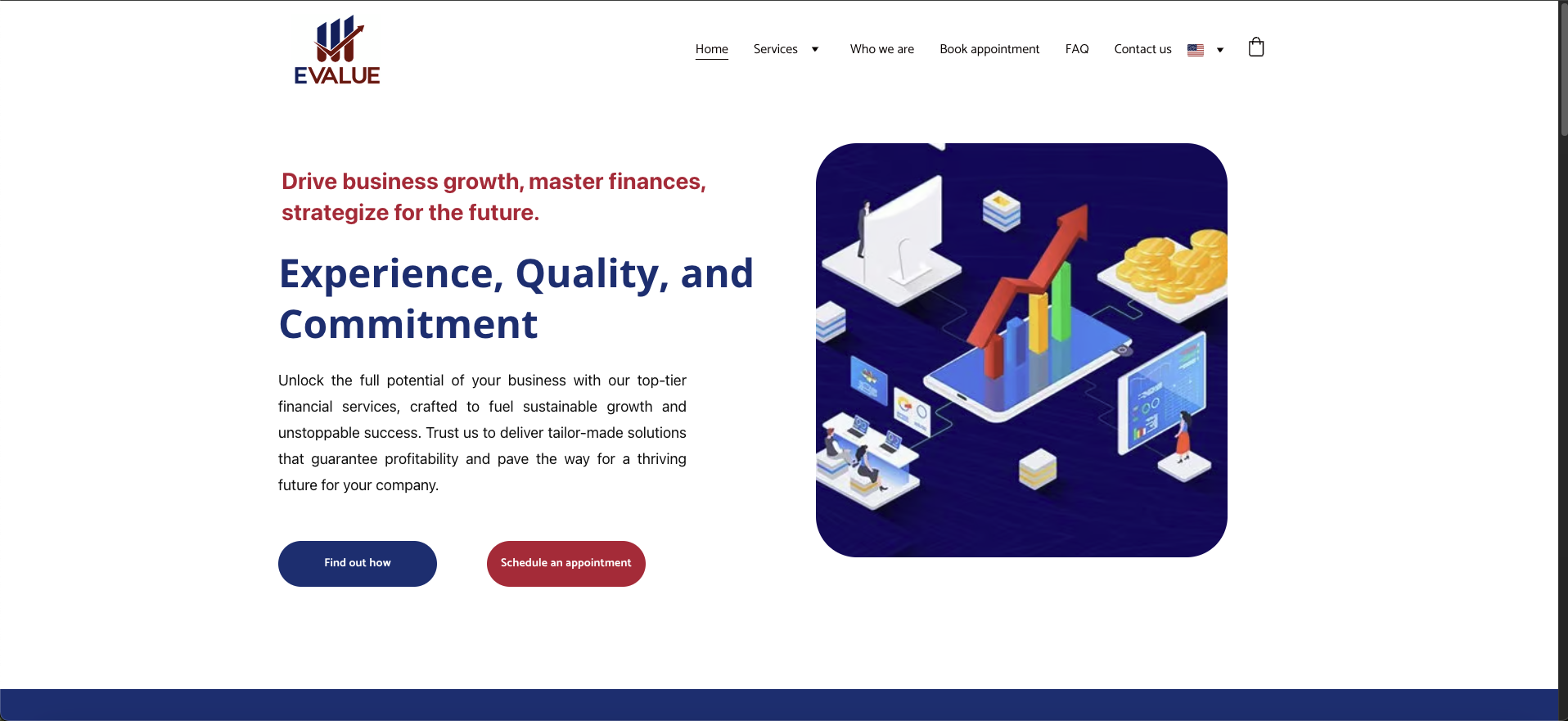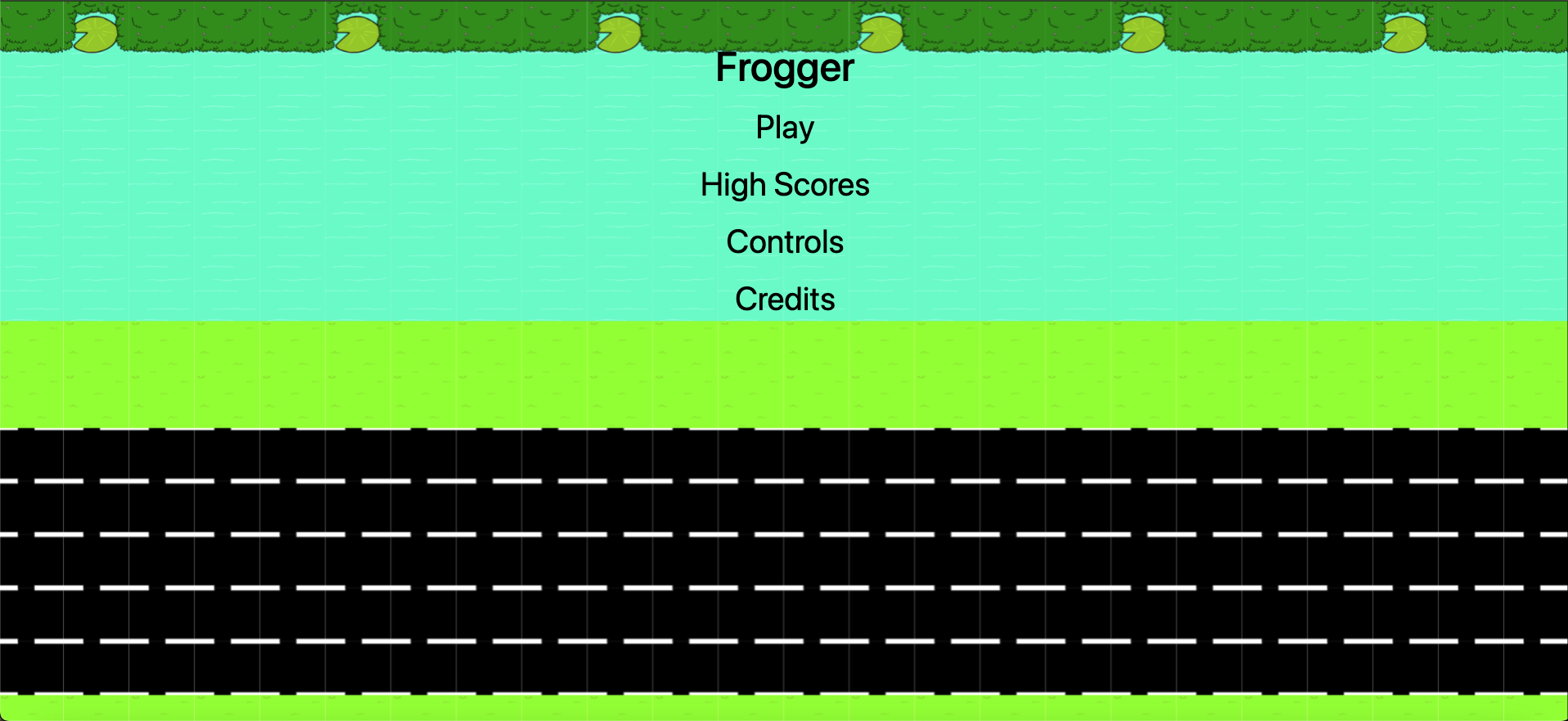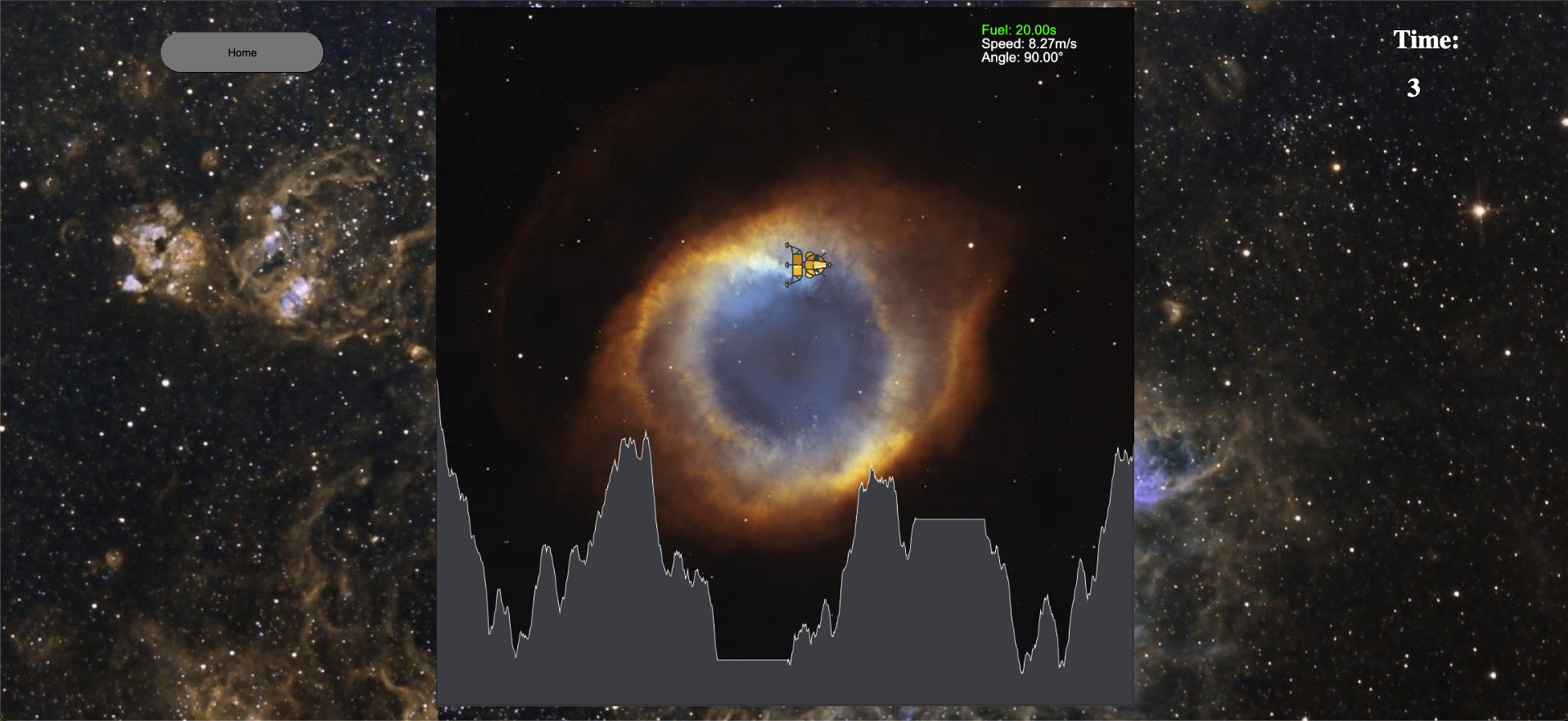I'm a Ph.D. candidate in Human-Centered Computing at the University of Florida.
My research focuses on understanding the social dynamics that shape human–agent
interaction. I study how design attributes, such as mimicry, positioning, gaze,
and self-disclosure, influence trust, appropriateness, engagement, and users'
mental models of virtual agents.
My work spans companion virtual agents, mixed-reality interfaces, and
physiological computing. I use both qualitative and quantitative methods to
investigate user behavior and design interactive systems that better support
user needs. I hold an M.S. in Computer Science from the University of Florida
and a B.S. in Computer Science from Utah State University, which provide the
technical foundation for my research in HCI, AR, and adaptive interfaces.






